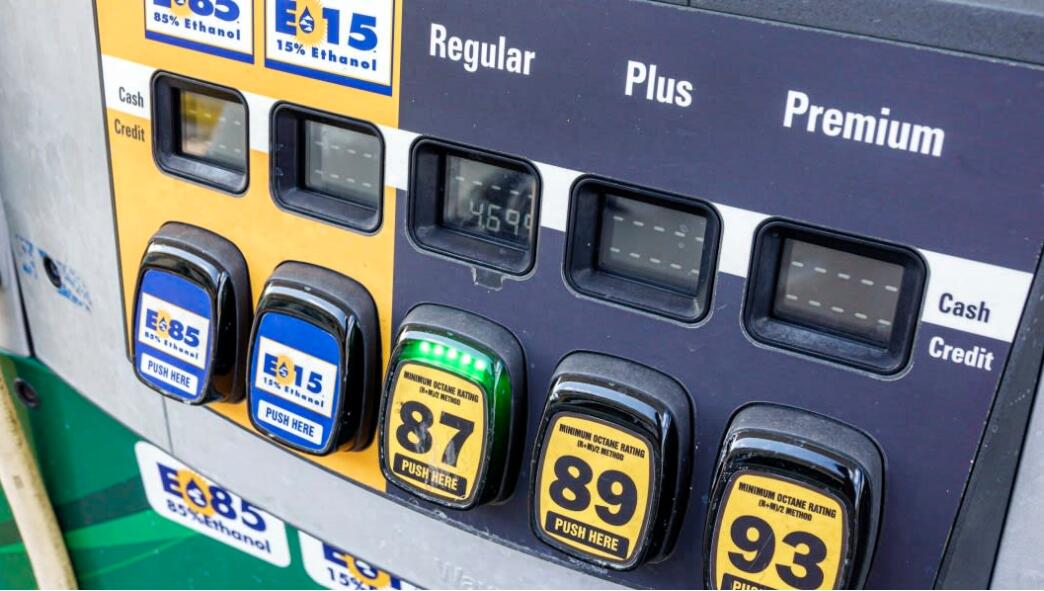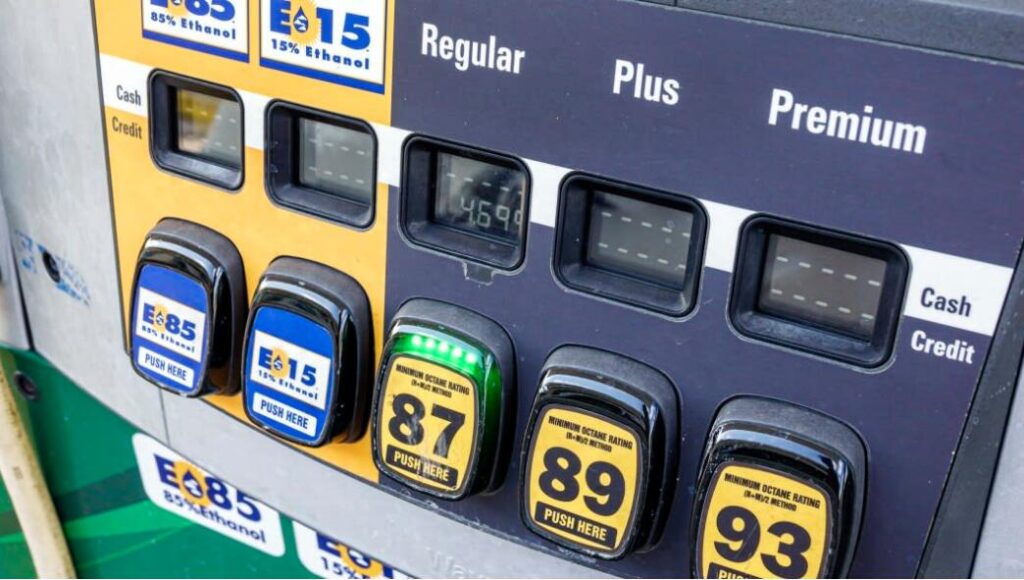
A major oil refinery has recently announced a significant investment in its operations to produce high-quality gasoline. This move comes as the demand for cleaner-burning fuels increases and the industry faces increasing pressure to reduce emissions and improve efficiency.
The refinery’s efforts to produce higher-quality gasoline could have a significant impact on the environment and the industry as a whole.
The production of high-quality gasoline involves several steps, including refining, blending, and testing. The goal is to create a fuel that burns cleanly and efficiently, while also meeting strict regulatory standards for emissions and quality. The process involves the use of advanced technologies and specialized equipment, which require significant investment and expertise.
The refinery in question has committed to investing a substantial amount of money in its operations to produce higher-quality gasoline. This includes upgrading equipment and technology, as well as hiring additional staff to oversee the production process.
The goal is to increase the refinery’s capacity to produce higher-quality gasoline by a significant margin, which will allow it to meet rising demand from consumers and regulators alike.
One of the key benefits of producing higher-quality gasoline is the reduction in harmful emissions. When gasoline is burned in an engine, it produces a variety of pollutants, including carbon monoxide, nitrogen oxides, and particulate matter.
These pollutants contribute to air pollution, which can have negative health effects on people and the environment. By producing gasoline that burns more cleanly and efficiently, refineries can help to reduce these emissions and improve air quality.
In addition to the environmental benefits, high-quality gasoline can also have a positive impact on the performance of vehicles. Clean-burning fuels can improve engine performance, reduce maintenance costs, and extend the life of the vehicle. This can be particularly important for fleets and other commercial vehicles that rely on reliable and efficient performance to stay competitive.
However, there are also challenges associated with producing high-quality gasoline. One of the main challenges is the cost. Producing higher-quality gasoline requires significant investments in equipment, technology, and personnel, which can be expensive. This cost can be passed on to consumers through higher prices at the pump, which can be a concern for those on a budget.
Another challenge is the regulatory environment. As governments around the world increase their focus on reducing emissions and improving air quality, refineries will face increasing pressure to produce cleaner-burning fuels.
This means that they will need to stay up-to-date with the latest regulations and invest in new technologies to remain compliant. Failure to do so could result in fines and other penalties, which would further increase costs.
Despite these challenges, the push to produce higher-quality gasoline represents an important step forward for the industry. By investing in cleaner-burning fuels, refineries can help to reduce emissions and improve air quality, while also improving the reliability and performance of vehicles.
Furthermore, this move highlights the importance of innovation and investment in the face of evolving regulatory and consumer demands.
In conclusion, the recent announcement by a major refinery to make a big push to produce high-quality gasoline is a significant development in the industry. The move highlights the importance of clean-burning fuels in reducing emissions and improving performance, while also demonstrating the challenges associated with investing in new technologies and complying with regulatory requirements.
Ultimately, the success of this initiative will depend on whether the costs can be managed effectively and whether the market demand for cleaner-burning fuels continues to grow.






